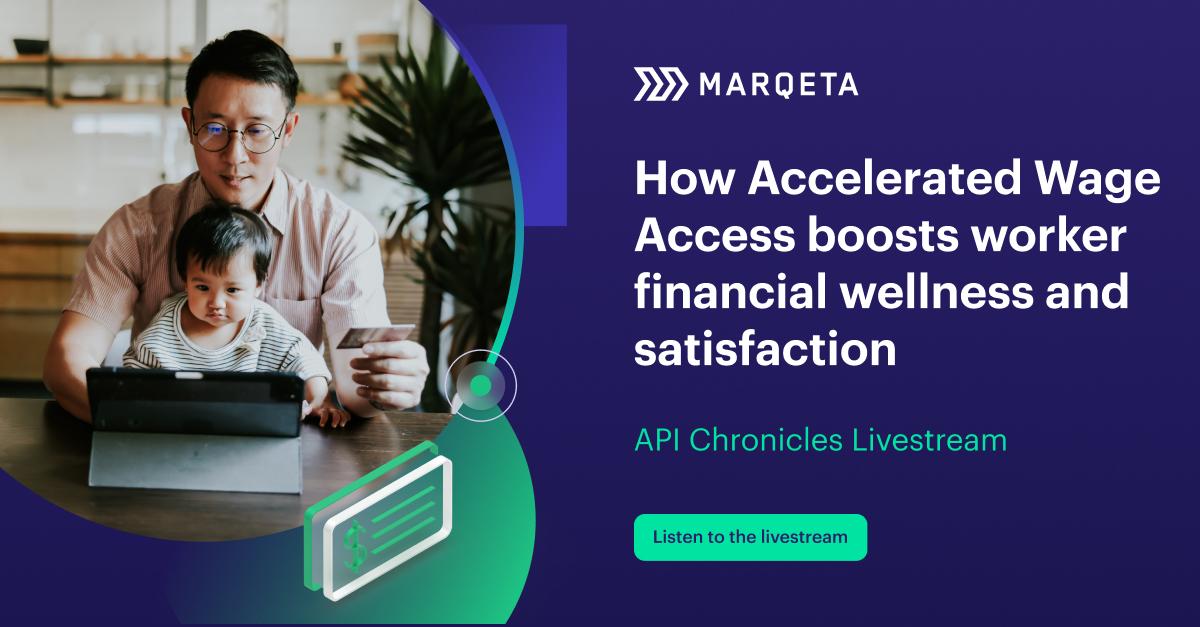In the space of five short years, Estonian innovators Xolo have developed a compelling international business administration proposition for small firms and “solopreneurs,” — a payment solution for freelancers that currently handles €700m worth of transactions across more than 54,000 accounts. Services include invoicing and payments to suppliers, and the proposition is neatly designed to follow a startup’s trajectory from sole trader to established company. Marqeta caught up with Xolo’s head of growth Kristin Kirštein to find out more about the ways in which the business is improving life for its customers.
Was there a defining experience/frustration that led to the creation of a new payment solution for freelancers?
It’s probably safe to say that Estonia has one of the most business-friendly legislative environments in the world. In fact, Estonia ranks 14th for the ease of starting a business according to The World Bank. So in a way, what led to the creation of Xolo, was the wish to export the Estonian way of doing business to other countries in Europe and beyond.
Today, we are helping our customers to start and run their businesses in two ways. First, we are using an innovative partnership model that enables customers to use a virtual slice of our legal framework to start invoicing their customers
in 10 minutes. Secondly, we also support customers in founding their own fully fledged companies with the help of Estonian e-Residency.
in 10 minutes. Secondly, we also support customers in founding their own fully fledged companies with the help of Estonian e-Residency.
You describe Xolo’s target customer as a solopreneur: What is a solopreneur, and what are their daily challenges?
A solopreneur is a person running a business of one. While solopreneurs report more flexibility and a better work-life balance as an upside of the freelancer lifestyle, there are also tons of negative aspects weighing them down, such as the huge administrative burden or loneliness.
Since solopreneurs are running a business on their own, it is almost expected that they are professionals in their respective field, accountants, lawyers, and tax experts in one. This results in a disproportionate amount of time spent on business admin tasks even if those are somewhat outsourced. With Xolo, we want to remove the administrative burden that freelancers are facing so they could unlock their true potential in building their business.
Xolo has customers in over a hundred countries. What challenges does that present to offering a personalised and localised customer experience?
Indeed, we currently have customers in 119 countries all over the world, which makes Xolo one of the truly global freelance service providers in the world.
When Xolo was launched in 2015, we believed that freelancers around the world were facing similar challenges in starting and running their businesses which led us to a global strategy focusing on solopreneurs who were running an international business. Today, we can see that the topic is much more complex and solopreneurs in different countries also face unique problems.
Our customer base is very versatile — not only based on location but also the customer’s lifestyle. We have a great following of digital nomads and expats but we’re also seeing more and more “local” entrepreneurs interested in our products.
This is why we are looking into ways of making our messaging and product more suitable for local markets as well. This includes launching location-specific landing pages, downloadable tax pdfs and more.
Do you involve your customers in the evolution of the product offering and how do you stay close to better understanding the customers’ needs or frustrations?
Xolo is a customer-centric organization, meaning that we highly value customer feedback and also make it a rule to test new product ideas on our target groups before actually committing to bringing a new product to the market.
We even have a strategic position called head of customer research in place so that we’d be best equipped with customer-related data and also on top of conducting user interviews or other research. Of course, there are also automated processes in place, whether it’s quarterly NPS popups or surveys within the platform.
What do you think the next big evolution is in serving the self-employed/sole trader audience?
As freelance business is becoming international in its nature, people are more free than ever to choose where their business is located.
Countries are realising the need to raise their competitiveness regarding serving freelancers. We can see this in more flexible legislation and taxation being rolled out especially for new freelancers in many European countries such as Spain, Portugal, or France. In addition, there’s the concept of a digital nomad visa or e-Residency popping up in different countries with Estonia often being one of the first to move, and other countries such as Barbados or Georgia following closely behind.
So all in all, countries will be becoming more competitive to get their share out of the rapidly growing freelance economy.
Fast forward five years’ time. How do you envisage that Xolo may have evolved?
Xolo’s vision is to build a world of solopreneurs by making freelancing a magical experience. This means that starting a business and managing one should be easy enough for anyone to do it. So in our ideal world, everyone will have the opportunity to freelance in 5-10 years, enjoying the freedom and flexibility of the solopreneur lifestyle should they choose.
Thanks to Kristin Kirštein and the team at Xolo for taking the time to share how you’re improving the lives of freelancers.
Marqeta regularly engages the fintech community to discover how innovators are helping consumers and businesses solve their challenges. Check out our other guest blog posts:
*The view and opinions expressed in this blog are those of the respondent and do not necessarily reflect the views or opinions of Marqeta.



